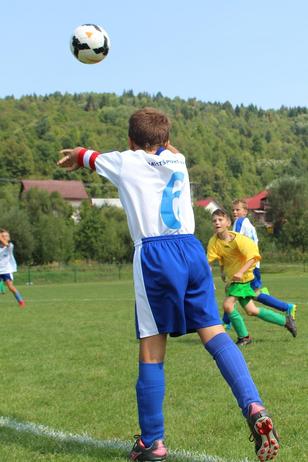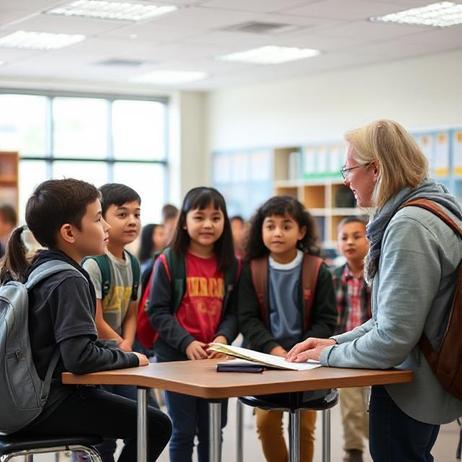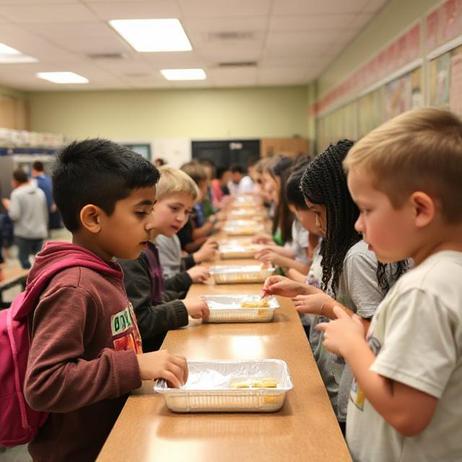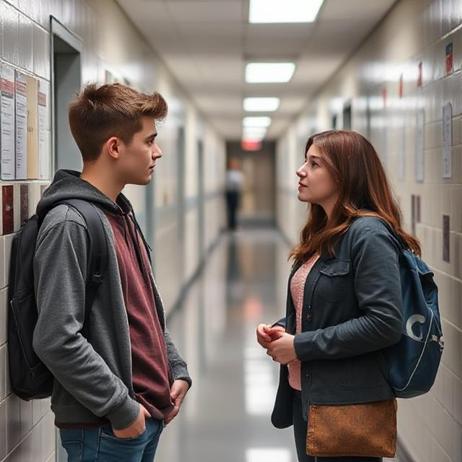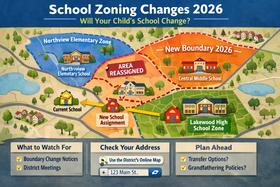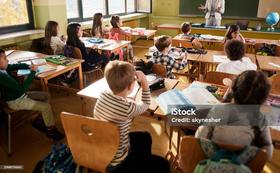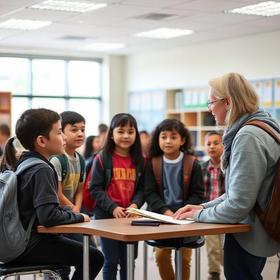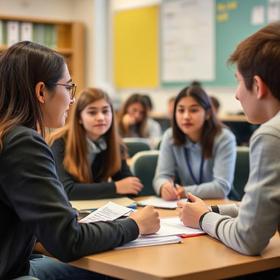The Role of Sports in Public Schools (2025 Update)
Introduction
Sports in public schools remain a cornerstone of American education. They help students build confidence, develop essential life skills, and stay connected to their school communities. In 2025, renewed investment in athletic programs, record participation numbers, and expanding offerings reflect how sports in public schools continue to evolve. This updated analysis includes the latest participation data, demographic changes, and expert perspectives to help parents, educators, and policymakers understand the current landscape.
Rising Participation After the Pandemic Decline
Participation in sports in public schools has reached new highs. According to the most recent report from the National Federation of State High School Associations, more than 8.26 million students played high school sports during the 2024–25 school year. This represents the third consecutive year of growth, adding more than 645,000 participants since 2022.
Girls’ participation has grown especially quickly, with programs such as wrestling, competitive cheer, and flag football seeing double-digit annual increases. Boys’ football, track, basketball, and baseball continue to anchor athletic departments nationwide.
The U.S. Department of Education notes that student involvement in sports in public schools correlates with higher attendance rates and stronger school engagement. These gains reflect not only a return to pre-pandemic normalcy but also an expanded interest in both traditional and emerging sports.
(Authoritative source:ed.gov)
How Program Offerings Are Expanding
Sports in public schools no longer center only on football, basketball,

